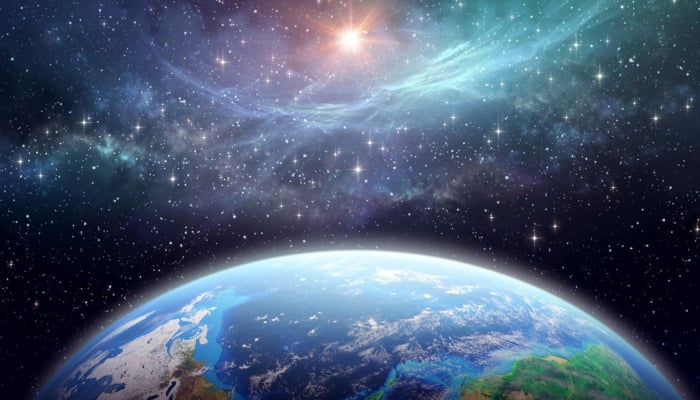
The James Webb Space Telescope, in a breakthrough discovery, detected the “strongest evidence” of alien life on a distant planet.
According to Sky News, using the James Webb Space Telescope (JWST), scientists have found what they are hailing as the strongest sign of life beyond our solar system on the K2-18 b planet.
They have discovered the chemical footprint of two gases, dimethyl sulphide (DMS) and dimethyl disulphide (DMDS), in the atmosphere of an alien planet that on Earth is only formed by living organisms, including algae.
Researchers have urged that the findings should be considered not as an announcement but as an indicator of a biological process.
Nikku Madhusudhan of the University of Cambridge's Institute of Astronomy said it was a "transformational moment in the search for life beyond the solar system. We have entered the era of observational astrobiology.”
“The only scenario that currently explains all the data obtained so far from JWST, including the past and present observations, is one where K2-18 b is a hycean world teeming with life," he added.
Mans Holmberg, a co-author of the study published on Wednesday, April 16, 2025, in the Astrophysical Journal Letters calling everything “alien” about the discovery revealed that the observations also suggested that the planet might boast a hydrogen-rich atmosphere and an ocean deeper than any on Earth.
Meanwhile, scientists not involved in the study have urged caution before drawing any sweeping conclusions.
Notably, K2-18 b is 8.6 times as massive and has a diameter about 2.6 times as large as Earth. It is located about 124 light-years from our planet in the constellation Leo.















